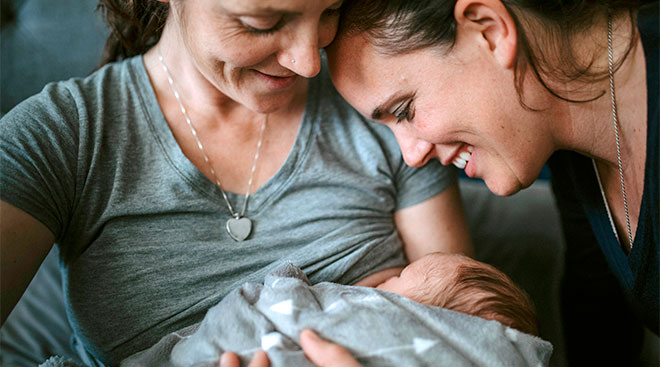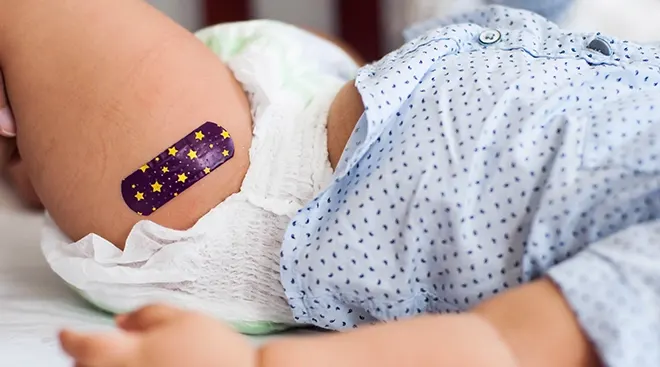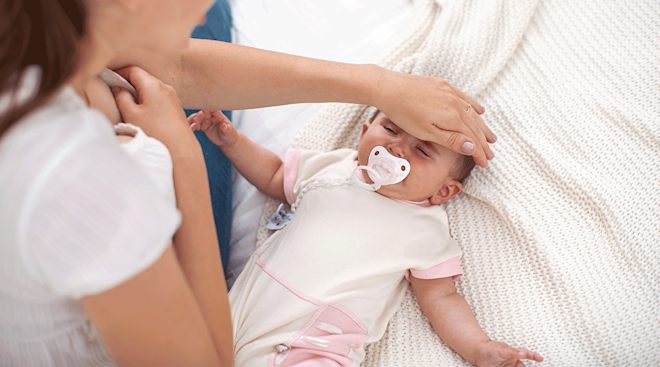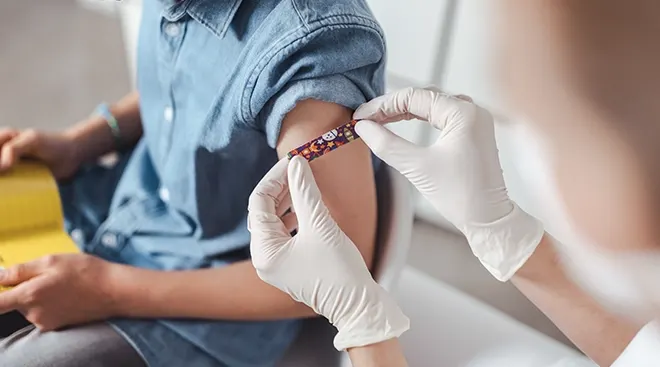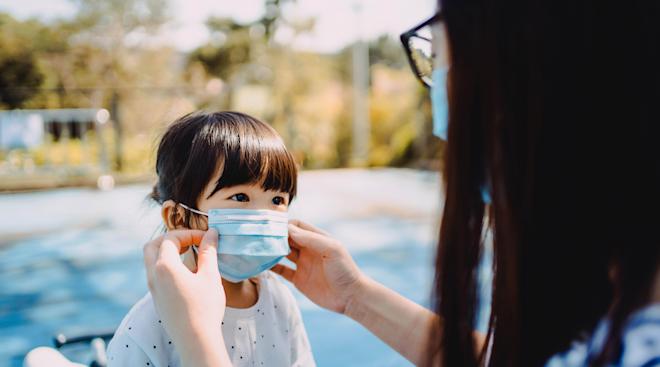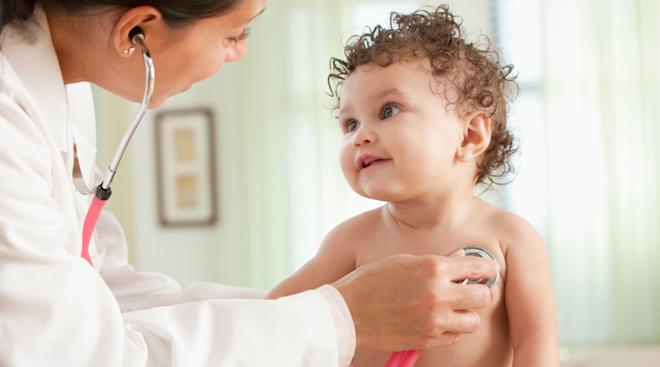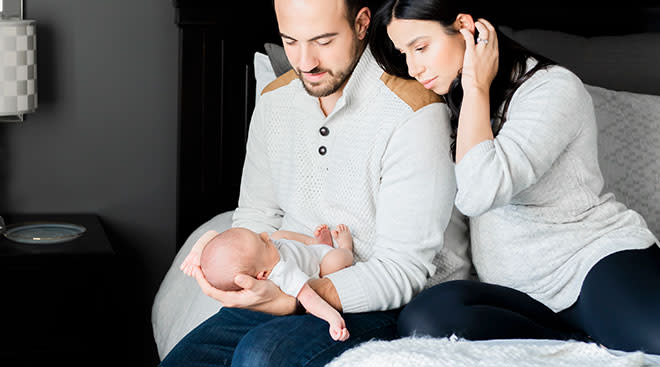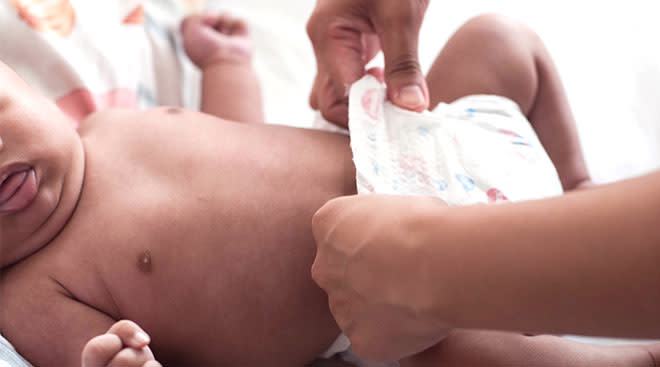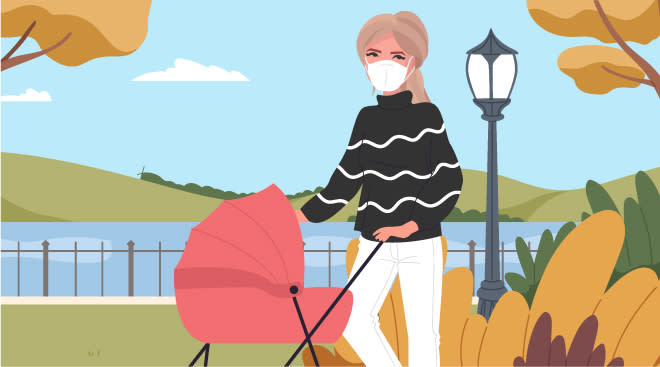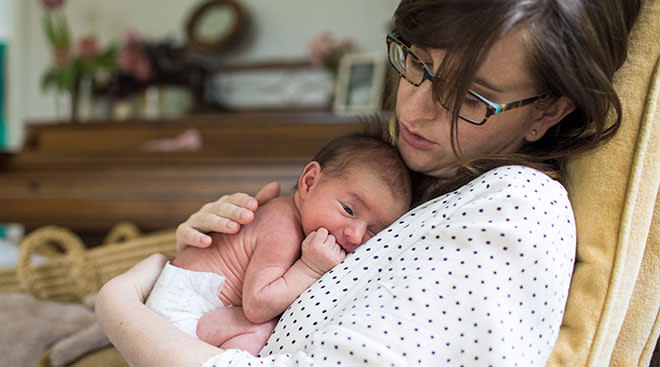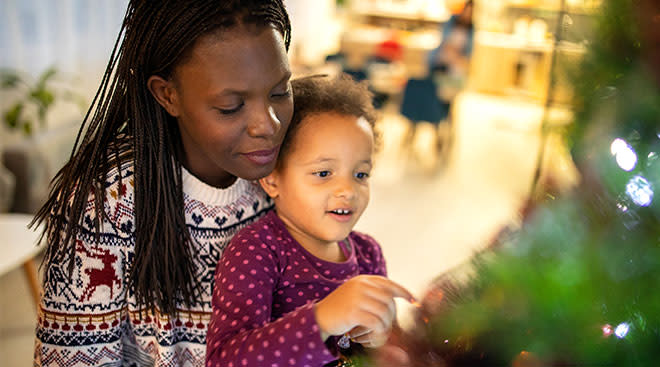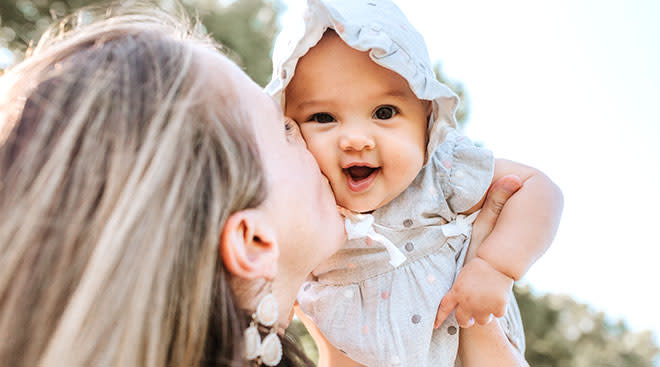Doctor: the Latest COVID Vaccine Info for Pregnant and Nursing Moms
The coronavirus vaccines bring us hope that there’s finally a “light at the end of the tunnel” for the pandemic. Although there’s been a ton of information about the coronavirus vaccines in the news over the last few months, we still don’t have all the information about the effects of vaccination on pregnant women and their babies. No wonder, then, that moms and moms-to-be have questions about getting vaccinated against COVID. Here, some common questions and my best answers.
Yes, the Centers for Disease Control and Prevention, Academy of Breastfeeding Medicine and American College of Obstetricians and Gynecologists have all stated that breastfeeding mothers can choose to get immunized once the vaccine is available to them. In initial studies, no safety concerns for pregnant women or their babies have been identified. Keep in mind that because lactating moms haven’t been included in vaccine trials, there is no hard data on the safety of COVID vaccines for moms, breastfed babies or milk production.
That said, the CDC and other medical authorities state that the vaccines are not thought to pose a risk and that any theoretical concerns don’t outweigh the potential benefits of receiving a vaccine. There’s no need to stop breastfeeding if you decide to get vaccinated. In fact, there are two small studies from Oregon and Israel showing that nursing moms pass antibodies to their babies after being vaccinated.
Since the mRNA vaccines (from Pfizer and Moderna) don’t contain any live virus, it’s impossible for mothers and their breastfed babies to get infected with coronavirus from the vaccine. Both mRNA coronavirus vaccines act locally to make a “spike protein” in the muscles surrounding the injection site. Our bodies recognize this spike protein as one of the proteins in coronavirus and produce antibodies against coronavirus. These antibodies spread throughout the body and may also cross into mothers’ breast milk.
The Johnson & Johnson vaccine was the most recently FDA-approved COVID vaccine. This vaccine uses disabled adenovirus, a common cold virus, as a carrier for the coronavirus spike protein. When someone gets immunized with this vaccine, their immune system creates coronavirus antibodies that circulate. The adenovirus cannot replicate and is rapidly broken down, so it’s impossible for mothers or their breastfed babies to get sick or get infected from the vaccine.
According to Thomas Hale, PhD, the founder of the Infant Risk Center and one of the world’s experts on the safety of medications while breastfeeding: “As for breastfeeding, little or none of these vaccine components would ever reach the milk compartment or even be transferred into human milk. Even if they were, they would simply be digested like any other protein by the infant. It is our opinion that the present group of vaccines are probably going to be quite safe for breastfeeding mothers. The infant may even gain a small amount of maternal IgG in the breast milk, which may even be beneficial.”
All three coronavirus vaccines are considered to be compatible with breastfeeding, one is not preferred over the others.
This is a little bit trickier of a question to answer. We know from worldwide data that pregnant women are at a higher risk of complications related to coronavirus, including pneumonia, intensive care admission, pregnancy loss and preterm labor. There have also been case reports of babies getting infected in utero from passage of coronavirus from mom to fetus across the placenta.
Pregnant women were excluded from both Pfizer and Moderna’s initial vaccine trials, but there were small numbers of women in both trials who ended up getting pregnant between their first and second doses. All of these women’s pregnancy outcomes are being closely followed and tracked in a registry.
Although the World Health Organization (WHO) initially recommended against vaccination during pregnancy, they updated their guidance on January 29, 2021, and their website now states: “While pregnancy puts women at higher risk of severe COVID-19, very little data are available to assess vaccine safety in pregnancy. Nevertheless, based on what we know about this kind of vaccine, we don’t have any specific reason to believe there will be specific risks that would outweigh the benefits of vaccination for pregnant women. For this reason, those pregnant women at high risk of exposure to SARS-CoV-2 (e.g., health workers) or who have comorbidities which add to their risk of severe disease, may be vaccinated in consultation with their health care provider.”
While there are not currently any recommendations for universal vaccination of pregnant women, the CDC and ACOG recommend that breastfeeding and pregnant women have access to the vaccine and believe it to be safe. There are two groups of pregnant women who should strongly consider getting immunized as soon as the vaccine becomes available to them: Pregnant women who work in environments with a very high risk of exposure to coronavirus, such as hospitals, medical clinics, and nursing homes; and first-responders, including police officers and firefighters.
Mothers with high-risk pregnancies, such as those with diagnoses of obesity, gestational diabetes, pre-eclampsia and/or high blood pressure, should also strongly consider getting vaccinated due to being at a higher risk of developing severe illness from coronavirus. For mothers with both high-risk pregnancies and high-risk occupations, the benefits of being protected against the virus while pregnant likely outweigh the risks of the vaccine. I am in several large physician-only groups and, for the most part, it seems like female physicians who are exposed to coronavirus on a regular basis are choosing to get vaccinated while pregnant.
It’s important to make the decision of whether or not to get the coronavirus vaccine in consultation with your physician or midwife. No matter what you choose to do, trust yourself that you will ultimately make the decision that is best for you, your baby and your unique set of circumstances.
About the expert:
Jessica Madden, MD, is the medical director at Aeroflow Breastpumps, a durable medical equipment provider that helps hundreds of thousands of women to receive breast pumps through insurance each year. She is a board-certified pediatrician and neonatologist who has been taking care of newborn babies for over 15 years. She is currently on staff in the neonatal intensive care unit (NICU) at Rainbow Babies and Children’s Hospital in Cleveland, Ohio, and has experience working in NICUs in the Boston Children’s Hospital and Cleveland Clinic Children’s Hospital networks. Madden provides in-home newborn medicine and lactation support through Primrose Newborn Care, a small business that she opened in 2018. In her free time, she enjoys traveling, yoga, reading and spending time with her four school-aged children.
Please note: The Bump and the materials and information it contains are not intended to, and do not constitute, medical or other health advice or diagnosis and should not be used as such. You should always consult with a qualified physician or health professional about your specific circumstances.
Plus, more from The Bump:
Navigate forward to interact with the calendar and select a date. Press the question mark key to get the keyboard shortcuts for changing dates.
































